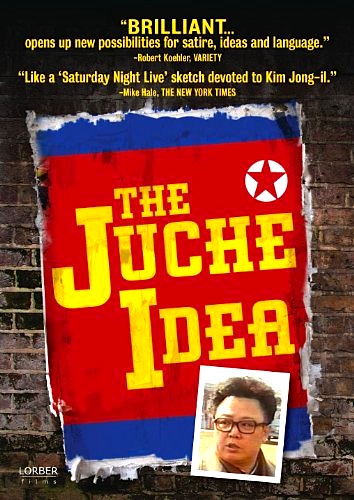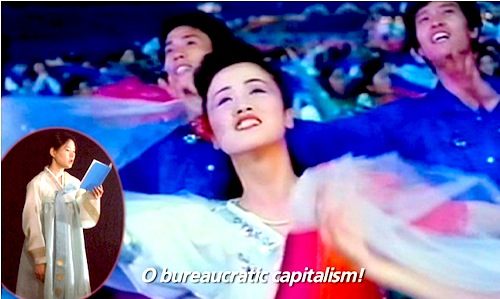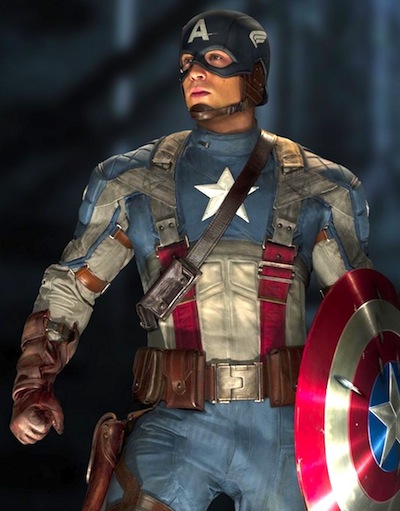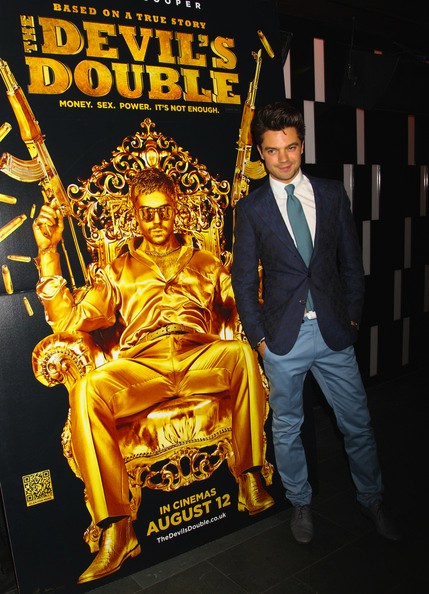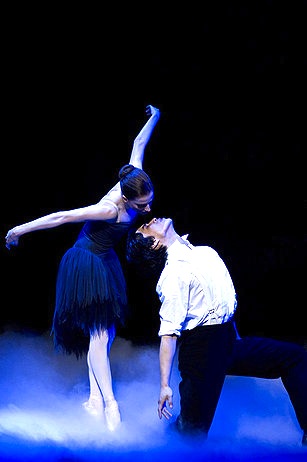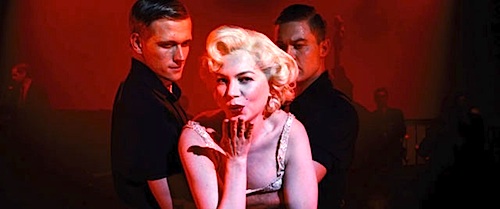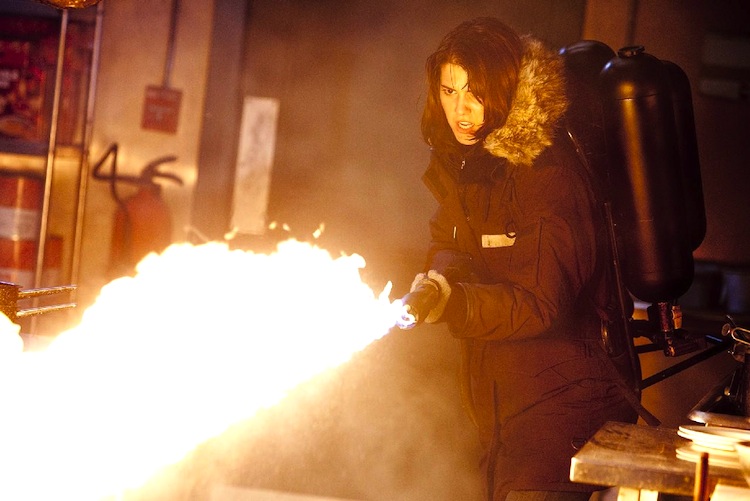
By Jason Apuzzo. THE PITCH: Universal and director Matthijs van Heijningen, Jr. bring The Thing back to life as a direct prequel to John Carpenter’s 1982 cult favorite about a shape-shifting alien discovered by a research team in the Antarctic – both films being based on John W. Campbell, Jr.’s classic 1938 sci-fi short story, “Who Goes There?”
THE SKINNY: While the 2011 version of The Thing will not likely be remembered as fondly as Howard Hawks’ 1951 classic, this new adaptation serves as a crisp, gripping prelude to Carpenter’s film, driven by a stand-out performance from Mary Elizabeth Winstead and suspenseful direction from Matthijs van Heijningen.
WHAT WORKS: • Mary Elizabeth Winstead radiates warmth and intelligence as American paleonthologist Dr. Kate Lloyd, in the same kind of role that once made Sigourney Weaver a star (playing Ripley in Alien). A conventional scream queen in her earlier roles, Winstead graduates here to depicting a resourceful, sympathetic female scientist who keeps her wits about her while the rest of her colleagues fall to pieces – both literally and figuratively.
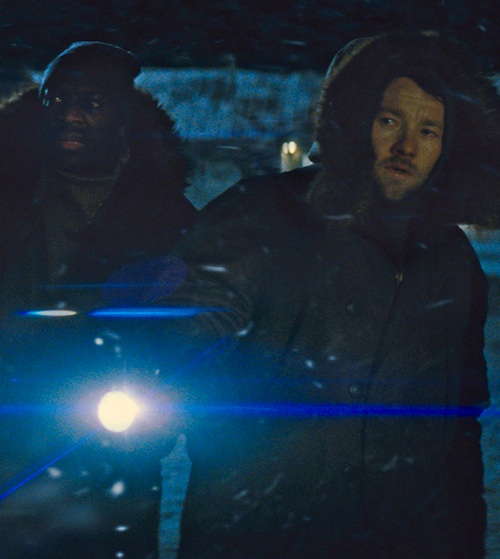
• Matthijs van Heijningen’s understated direction brings out the natural suspense of the story, allowing the isolated setting, mutual suspicions of the characters and the intrinsically frightening situation to do the heavy dramatic lifting.
• The cast feels credible as a hardy professional research crew, much more so actually than the (otherwise superb) cast in Carpenter’s film – and this has the effect of enhancing the suspense and paranoid vibe of the film. Indeed, Winstead’s heroism in the film consists precisely in her taking a more professional-scientific attitude toward the alien threat than that of her compatriots. (And on this point, the new version of The Thing is rarely played for laughs in the way that the Carpenter version sometimes seems to be.)
• One thing this 2011 Thing has over previous versions is that it exploits the alien’s saucer more than before, eventually even taking us inside it at the film’s climax to nice effect.
WHAT DOESN’T WORK: • This new version of The Thing is burdened by the need to present the same grotesque, Hieronymus Bosch-show of creature-transformations as were depicted in the Carpenter version of the film. With that said, the transformations in this new film are slightly less disgusting, and often take place in shadow.
• Both the 1951 and 1982 versions of The Thing have iconic musical scores, from Dimitri Tiomkin (with his groundbreaking use of the theramin) and Ennio Morricone/John Carpenter, respectively. Composer Marco Beltrami’s score here is too conventional; he should’ve tried something more unusual or distinctive for this new film to keep the tradition of musical innovation going.
• As I mentioned last week with respect to the film’s screenplay, this new version of The Thing lacks humor – a major component of both the 1951 and 1982 films. Also: the new film drops one of the great gags of Carpenter’s film, which is depicting several of the researchers as having such bizarre personalities (particularly Richard Masur as Clark) as to seem alien even before the creature shows up.
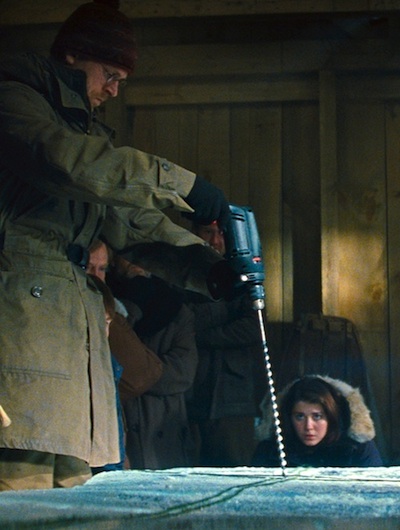
• There’s room to ask here whether it was a good idea to bring back this story in the form of a prequel to Carpenter’s film. There is, ultimately, very little about this version that qualifies as being ‘original’ or imaginative, even if its execution is solid. The Hawks version is tighter, more sophisticated and features larger Cold War connotations; the Carpenter version has more colorful characters and satiric flourishes. Possibly what was needed here was a totally different interpretation in order to take the film to the next level.
THE BOTTOM LINE: What makes this new version of The Thing work – which it does, in my opinion – is that it has the basic sense to tell what is already a great story straight, without the embellishments that contemporary filmmakers sometimes add when they don’t trust their material. Director Matthijs van Heijningen and screenwriters Eric Heisserer and Ronald Moore obviously believed in Campbell’s/Carpenter’s basic story material here, and therefore didn’t clutter the film up with obnoxious revisionisms or distractions like the political propaganda found in the Day the Earth Stood Still remake from 2008, or the bizarre plot involutions of 2007’s The Invasion (a flaccid remake of Invasion of The Body Snatchers). This by-the-book approach doesn’t necessarily make this new version of The Thing a classic, but it does make it effective and streamlined as an exercise in sci-fi horror.
Certainly the easiest thing in the world to say about this new version of The Thing is that it doesn’t rise to the level of Howard Hawks’ 1951 version, nor of John Carpenter’s 1982 film. I’m not sure how much that says, however; Hawks’ film is easily one of the greatest sci-fi films ever, and Carpenter is one of the greatest sci-fi/horror directors of all time. Judged against such standards, a lot of contemporary films and filmmakers would pale in comparison.
A better point of comparison for this new version of The Thing might be the recent wave of alien invasion thrillers from this past year – and here I think The Thing stands out as a solid, suspenseful film that is better than a whole variety of over-hyped/under-performing competitors from 2011, including: Super 8, Cowboys & Aliens, and an entire season’s worth of Falling Skies. Call me old fashioned, but I prefer my aliens to be really terrifying, and of all the aliens I’ve seen from this past year – and I’ve seen a lot of them, with a few more still to come – the one I would least want to be caught in a room with (outside of Transformers’ Shockwave, who wouldn’t fit into a room to begin with) would be the omnivorous, protean, infinitely imitative and malevolent creature from The Thing. The creature in this new film still packs an unnerving, visceral punch, in much the same way that Carpenter’s did – even if the previous film’s spectacle of gore is slightly toned down here.
My advice if you are a fan of Carpenter’s film? Give this new one a shot, preferably late at night.
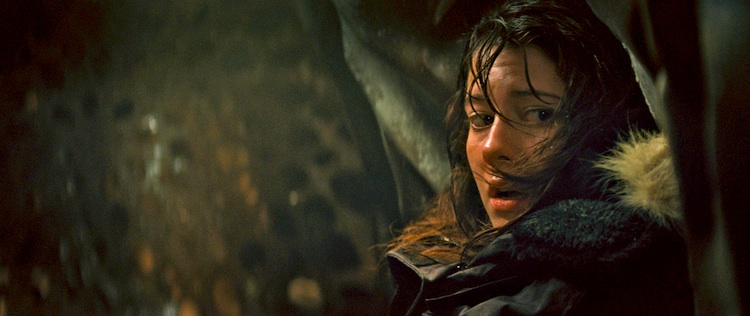
One final point: films are star-driven, and there’s a special pleasure associated with watching a new star emerge in a film. I went into this film looking forward to seeing Joel Edgerton, whom I already knew to be a good young actor (and he’s good here, playing a rough-and-tumble American helicopter pilot), but the real discovery in this film was Mary Elizabeth Winstead. This is clearly going to be a break-out role for her, largely because of her ability to project intelligence and authority. And although she doesn’t yet have the screen presence that the young Sigourney Weaver showed back in the 1980s (she isn’t as lanky, sexy or vaguely odd as Sigourney), Winstead brings a conviction to this type of role that I haven’t seen since the Sigourney-heyday of the 1980s. And what’s nice here is that she doesn’t have to become a Kate Beckinsale-type action hero to do it; instead, like a classic female scientist from 50s sci-fi (think Faith Domergue from It Came from Beneath the Sea or This Island Earth) she uses her wits and innate professionalism to get herself out of jams – along with, of course, a handy flamethrower.
After all, no one ever said sci-fi women can’t heat things up.
Posted on October 14th, 2011 at 11:13pm.


